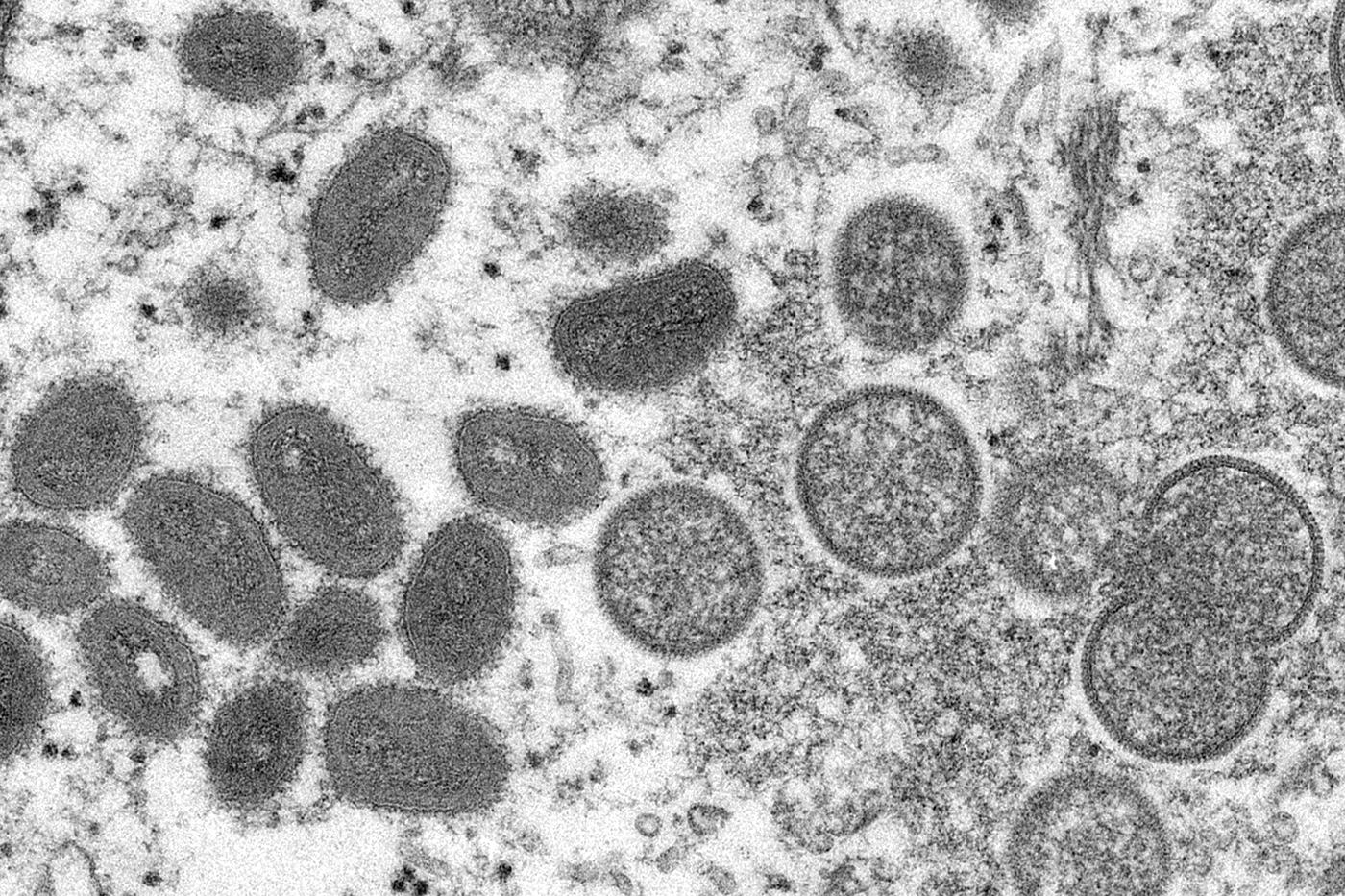On the heels of the COVID-19 pandemic, public health experts are racing to understand the unexpected spread of monkeypox to Massachusetts.
State officials have been collaborating with the Centers for Disease Control and Prevention (CDC) to investigate the first monkeypox case known to reach the United States this year. Its carrier, a man who had recently visited Canada, has been isolated in a Boston hospital since May 12. The CDC on Wednesday confirmed that he was infected with the less-severe West African strain of the virus.
Cases were being investigated in Canada, Australia, and eight European countries.
More than two years of COVID-19 have conditioned people to brace for the next global health crisis. But Northeastern experts say it is wildly premature to compare this relatively small outbreak to the pandemic that has claimed more than 6 million lives.
“We’ve had outbreaks of monkeypox in the past, most recently in 2003,” says Brandon Dionne, an associate clinical professor in Northeastern’s department of pharmacy and health systems sciences, in reference to a U.S. outbreak of more than 70 cases two decades ago. “Its transmission is much, much lower than it is with COVID. So it’s something that you can be aware of, but it’s not something to panic about at this point.”
If cases of monkeypox escalate to create a greater level of concern, then the experts note that its symptoms will be more noticeable and the virus will be more treatable than SARS-CoV-2, the coronavirus that causes COVID-19—especially in the early stages of the pandemic.
“I would characterize the dispersion of cases as pretty confusing in the sense that the situation is evolving hour by hour,” says Alessandro Vespignani, director of the Network Science Institute and Sternberg Family Distinguished Professor at Northeastern. “The outbreak is quite sizable, and obviously we need to understand what’s going on.”
Read more on News@Northeastern.
Photo by Cynthia S. Goldsmith, Russell Regner/CDC via AP.

